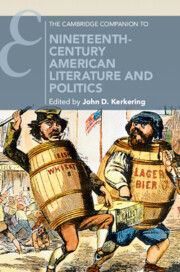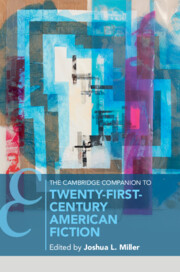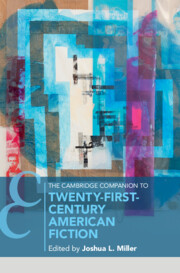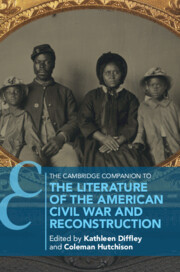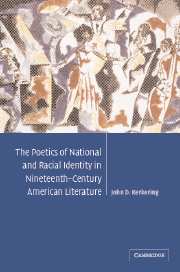The Cambridge Companion to Nineteenth-Century American Literature and Politics
The Cambridge Companion to Nineteenth-Century American Literature and Politics addresses the political contexts in which nineteenth-century American literature was conceived, consumed, and criticized. Individual chapters examine how US literature from this period engaged with broad political concepts and urgent political issues, such as liberalism, conservatism, radicalism, nationalism, communitarianism, sovereignty, religious liberty, partisanship and factionalism, slavery, segregation, immigration, territorial disputes, voting rights, gendered spheres, and urban/rural tensions. Chapters on literary genres and forms show how poetry, drama, fiction, oratory, and nonfiction participated in political debate. The volume's introduction situates these chapters in relation to two larger disciplines, the history of political thought and literary history. This Companion provides a valuable resource for students and instructors interested in Nineteenth-Century American literature and politics.
- Situates political practice in social context, offering a history of political thought
- Provides an approach to literary history in terms of pragmatic historical empiricism rather than poststructuralist discourse analysis or standpoint epistemology
- Individual chapters engage with broad political concepts and urgent political issues, such as liberalism, conservatism, radicalism, religious toleration, slavery, segregation, and immigration
Product details
March 2025Hardback
9781108841894
403 pages
229 × 152 × 27 mm
0.692kg
Available
Table of Contents
- Introduction: politics and literary history John D. Kerkering
- Part I. Concepts:
- 1. The liberal tradition and slavery Arthur Riss
- 2. Conservatism: tradition, hierarchy, and fictions of social change Edward Whitley
- 3. The literature of radicalism J. Michelle Coghlan
- 4. Nationalism: character, identity, and hyphenated selfhood John D. Kerkering
- 5. Communitarianism and its literary contexts David Faflik
- 6. Constructing sovereignty through legal and religious discourses Rochelle Zuck
- 7. Religious reestablishment from pulpit to page Ashley Reed
- 8. Competing views of partisanship and factionalism Sandra Gustafson
- Part II. Issues:
- 9. Slavery: African American vigilance in slave narratives of the 1820s and 1830s Kelly Ross
- 10. Disfranchisement, segregation, and the rise of African American literature Kenneth Warren
- 11. Immigration: 'the Chinese question' in economics, law, and literature Spencer Tricker
- 12. Territoriality: the possessive logics of American placemaking Kathryn Walkiewicz
- 13. Voting rights: 'the most salient and peculiar point in our social life' Leslie Petty
- 14. Defining and defying a woman's sphere Monika Elbert
- 15. Beyond the custom of the country: rural scarcity and indigenous survivance John Funchion
- Part III. Genres:
- 16. Political poetics: intercrossing discourses and American belonging Shira Woloski
- 17. Staging debate in American drama: cheeses and politics and pigs Heather Nathans
- 18. The evolving modalities of fiction and politics Bert Emerson
- 19. Oratory: persuasion in performance Angela Ray
- 20. Authors on the campaign trail: 'we are politicians now' John Hay
- Chronology of major works and events
- Suggestions for further reading
- List of contributors
- Index.

